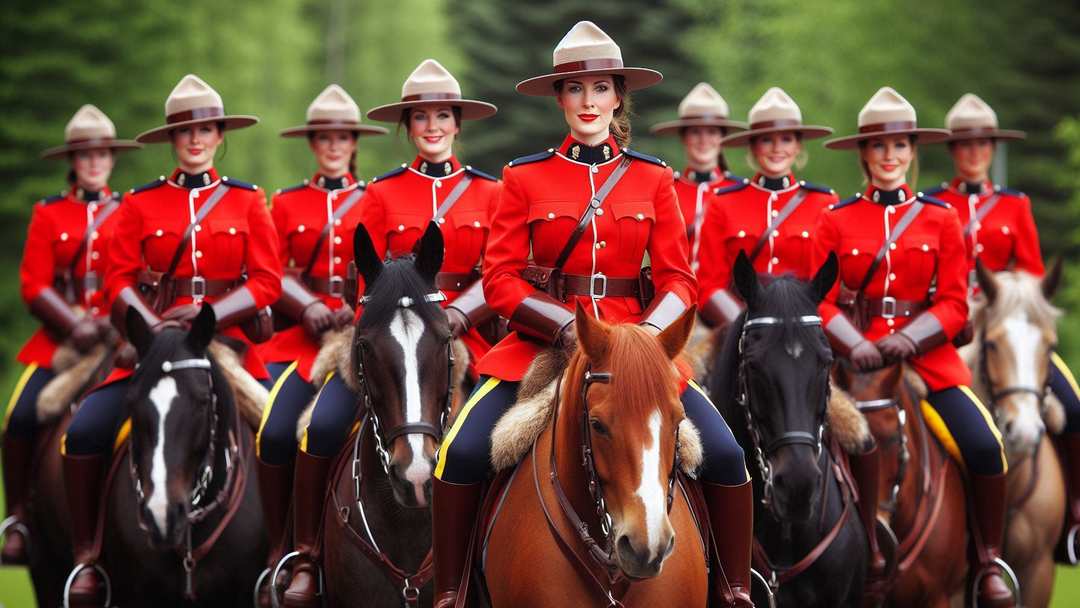Michigan Rules of Evidence: A Guide to Rules 301-302
Presumptions, those inferences drawn from established facts, play a crucial role in both civil and criminal cases in Michigan.
However, their application is carefully regulated by the Michigan Rules of Evidence, specifically Rules 301 and 302.
This article delves into these rules, providing a clear understanding of their purpose, scope, and practical implications for legal professionals and anyone interested in the intricacies of Michigan’s evidentiary landscape.
Rule 301: Presumptions in Civil Cases
This rule governs the burden of proof related to presumptions in civil proceedings.
It states that unless a statute or other rule dictates otherwise, the party against whom a presumption is directed has the burden of producing evidence to rebut it.
This burden of production, however, is distinct from the burden of persuasion, which remains on the party who originally had it.
In essence, a presumption shifts the responsibility to present evidence to the opposing party, but the ultimate responsibility to convince the court of their claim rests with the party bearing the initial burden.
The Michigan Rules of Evidence Handbook further clarifies the application of Rule 301.
It emphasizes the importance of distinguishing between rebuttable and conclusive presumptions.
Rebuttable presumptions, as described above, can be overcome by evidence, while conclusive presumptions are mandatory inferences that must be accepted by the jury.
The handbook also provides examples of common presumptions, such as the presumption of sanity, the presumption of legitimacy of a child born in wedlock, and the presumption of ownership arising from possession of property.
Have your rights been violated?
Have your driving priviledges been revoked?
Has your professional license been suspended?
Have you been charged with a crime?
Call our office to see if we can help
Komorn Law 248-357-2550
Rule 302: Presumptions in Criminal Cases
For criminal proceedings, Rule 302 takes a different approach. It governs presumptions against a defendant, whether recognized at common law or created by statute.
Unlike Rule 301, Rule 302 doesn’t impose a burden of production on the defendant to rebut a presumption.
Instead, it emphasizes that the prosecution retains the ultimate burden of proving all elements of the offense beyond a reasonable doubt. Unless it’s political of course.
The handbook elaborates on this key distinction.
It explains that the jury must be instructed that they may, but are not required to, infer the existence of the presumed fact from the basic facts presented.
This ensures that the jury retains its ultimate power to decide guilt or innocence based on the totality of the evidence, without being coerced by a presumption (in a perfect world).
Key Takeaways:
Civil cases: Presumptions in civil cases shift the burden of production, not the burden of persuasion, to the party against whom the presumption is directed.
Criminal cases: Presumptions against defendants in criminal cases do not shift the burden of proof. The jury must be instructed that they may infer the presumed fact, but are not obligated to do so.
Further Considerations:
The Michigan Rules of Evidence Handbook offers valuable insights into the nuances of these rules, including the specific wording of jury instructions, the interplay of presumptions with other evidentiary rules, and the potential limitations of certain presumptions.
For legal professionals navigating complex cases involving presumptions, studying the handbook and consulting relevant case law is crucial for ensuring a comprehensive understanding and effective application of these rules.
By understanding the intricacies of Rules 301 and 302, legal professionals and anyone interested in Michigan’s evidentiary rules can navigate presumptions with confidence, ensuring fair and just outcomes in both civil and criminal proceedings.
Important:
This article provides a simplified overview of the Michigan Rules of Evidence for informational purposes only. It should not be interpreted as legal advice. When facing legal matters, always consult with a qualified attorney for professional guidance.
The Michigan Rules of Evidence are subject to change over time. Always consult the latest official version for accurate information.
Here is the link to the Michigan Rules of Evidence Handbook. Check the footer for the latest update.
Related Articles
No Results Found
The page you requested could not be found. Try refining your search, or use the navigation above to locate the post.
More Posts

AGs – Ex DEA Leaders for Push Public Hearing On Marijuana Rescheduling
State AGs And Former DEA Leaders Push Agency To Hold Public Hearing On Marijuana Rescheduling ProposalIn a filing with the federal government ahead of a key deadline this week, a group of former Drug Enforcement Administration (DEA) leaders is asking the agency to...

I got a DUI while driving my dad’s boat – Will they take it?
I was out driving my dad's boat on the lake and I got caught drinking. Can they take the boat away from my dad who was not with me?Happy Father's Day - DadNo, in most cases, they likely won't take your dad's boat away for you getting a DUI while driving it. They Could...

Seattle settles case involving – the rights of nature
The Rights of NatureSeattle settled a lawsuit brought by the Sauk-Suiattle Tribe on behalf of salmon harmed by dams on the Skagit River. This is one of the first "rights of nature" cases in the US, and the tribe argued that the lack of fish passage measures violated...

NY judge fines unlicensed cannabis shops $15 million
It's their corner now“This punishment should serve as a clear warning for all unlicensed cannabis stores in the state: we will enforce the law and shut down your operations,” state Attorney General Letitia James saidThe owner of seven unlicensed cannabis shops in New...

When Cannabis Businesses Are No Longer Subject to IRS 280E
IRS 280E and Cannabis BusinessesWhat is IRS Section 280E? Section 280E of the Internal Revenue Code restricts businesses from deducting typical business expenses from their gross income related to the distribution of Schedule I or II substances per the Controlled...

Vehicle Forfeiture in Canada – The Process of Taking
Thank You... and have a nice day eh!Disclaimer: We are not Attorneys in Canada. This is an article of information obtained from various sources and presented here. We can only assume they are accurate. If you ever find a reason to go to Canada and need a lawyer...we...

Boating in Michigan on Alcohol and Drugs – It’s Illegal
If it's got a motor, it's a BUIWe got lakes, we got boats, we got alcohol, we got cannabis all the fun you can possibly find on a holiday weekend in the summer. Just don't combine them all or you'll be calling us or your cousin Vinny. Operating a Boat Under the...

Alcohol, Drugs, Kayaking – It could be a problem
Can I drink alcohol and smoke cannabis if I'm canoeing or kayaking or tubing or paddleboarding or just floating around?While Michigan law doesn't explicitly forbid consuming alcohol on non-motorized vessels like canoes or kayaks, it's strongly discouraged for safety...

Michigan Workers Right to Protest – Can They Force a Change in Business Strategy?
Michigan Workers and the Right to Protest: Can They Force a Change in Business Strategy?The ever-evolving economic landscape can create friction between Michigan workers and their employers. Workers may find themselves at odds with company strategies or investments,...

THC Associated with Increase of Survival Time in Palliative Cancer
Summary from the official government website (Link Below)The Use of Tetrahydrocannabinol Is Associated with an Increase in Survival Time in Palliative Cancer Patients: A Retrospective Multicenter Cohort StudyThe study, conducted by researchers in Germany, analyzed...











